Must-Read Books for Python Programming Beginners: A Comprehensive Guide
Python is a versatile and widely-used programming language, making it an excellent choice for beginners. With a plethora of learning resources available, it can be challenging to choose the right one. This article highlights some of the most popular and effective books and manuals to help you start your Python programming journey.
1. "Python Crash Course" by Eric Matthes
Overview:
"Python Crash Course" by Eric Matthes is one of the most highly recommended books for beginners. It adopts a hands-on, project-based approach, making it ideal for those who learn best by doing.
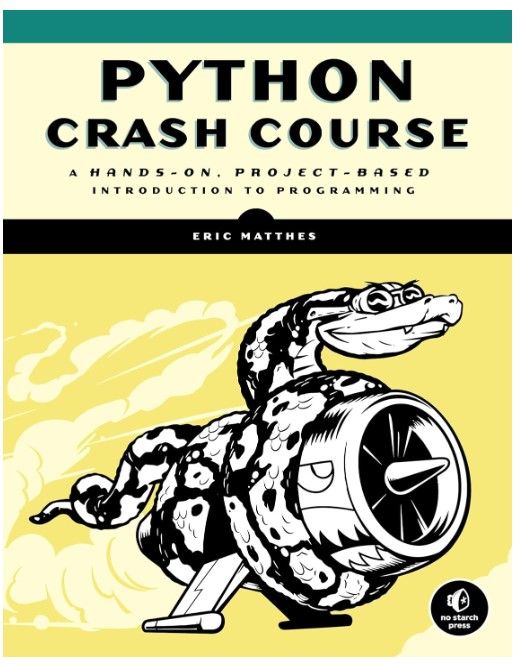
Key Features:
- Two-Part Structure: The first part of the book covers basic programming concepts and Python fundamentals, while the second part delves into three significant projects: a video game, a data visualization app, and a web application.
- Exercises and Projects: Includes a range of exercises and projects to reinforce learning and build practical skills.
Why It’s Effective:
The clear, concise explanations and practical projects help beginners understand and apply Python concepts effectively. The book's structure ensures a smooth transition from theory to real-world applications.
Video review
Read Content
2. "Automate the Boring Stuff with Python" by Al Sweigart
Overview:
"Automate the Boring Stuff with Python" is perfect for those who want to learn Python with a focus on practical applications, particularly in automating everyday tasks.
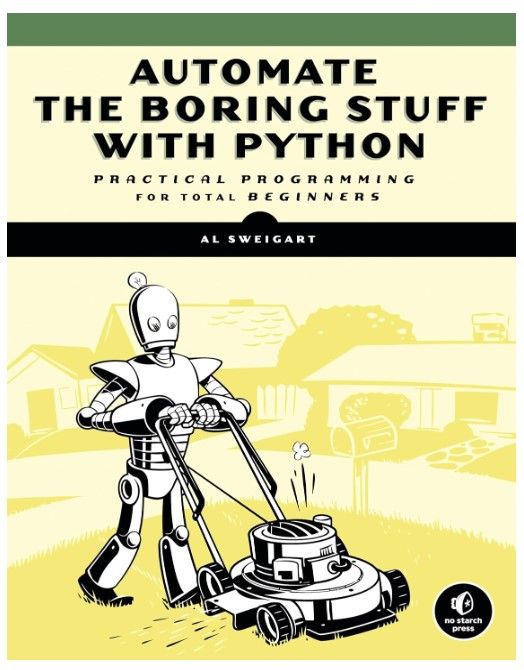
Key Features:
- Task Automation: Teaches how to automate repetitive tasks such as web scraping, handling Excel files, and sending emails.
- Step-by-Step Instructions: Provides detailed, easy-to-follow instructions for each task, making it accessible even for those with no prior programming experience.
Why It’s Effective:
The practical approach of automating real-world tasks makes learning engaging and immediately useful. The book’s straightforward style ensures that even beginners can follow along and start automating tasks quickly.
Video review
Read Content
3. "Learn Python the Hard Way" by Zed A. Shaw
Overview:
Despite its intimidating title, "Learn Python the Hard Way" is a beginner-friendly book that emphasizes the importance of practice through extensive exercises.
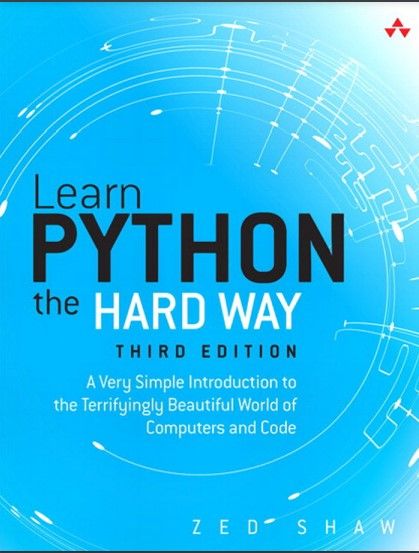
Key Features:
- Exercise-Driven: Consists of 52 exercises designed to teach the basics of Python through repetition and practice.
- Incremental Learning: Each exercise builds on the previous one, gradually introducing more complex concepts.
Why It’s Effective:
The exercise-driven approach ensures that learners practice and internalize Python concepts. The incremental difficulty helps build confidence as readers progress through the book.
Video review
Read Content
4. "Head-First Python" by Paul Barry
Overview:
"Head-First Python" uses a visually rich format to engage learners and facilitate the understanding of Python programming concepts.
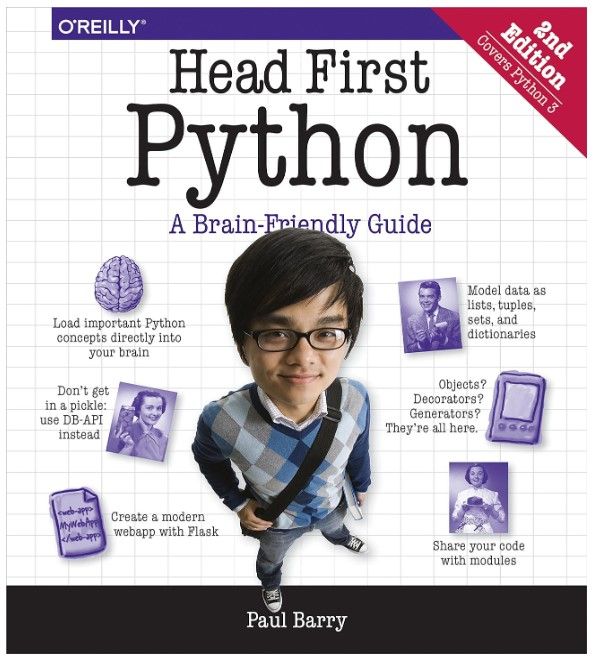
Key Features:
- Visual Learning: Incorporates images, diagrams, and interactive exercises to enhance understanding.
- Project-Based: Includes projects that apply Python to web development, database management, and more.
Why It’s Effective:
The engaging visual format caters to different learning styles, making complex concepts easier to grasp. The project-based approach provides practical experience, reinforcing the material covered.
Read Content
5. "Python Programming: An Introduction to Computer Science" by John Zelle
Overview:
This book is an excellent choice for those looking to understand computer science fundamentals through Python.
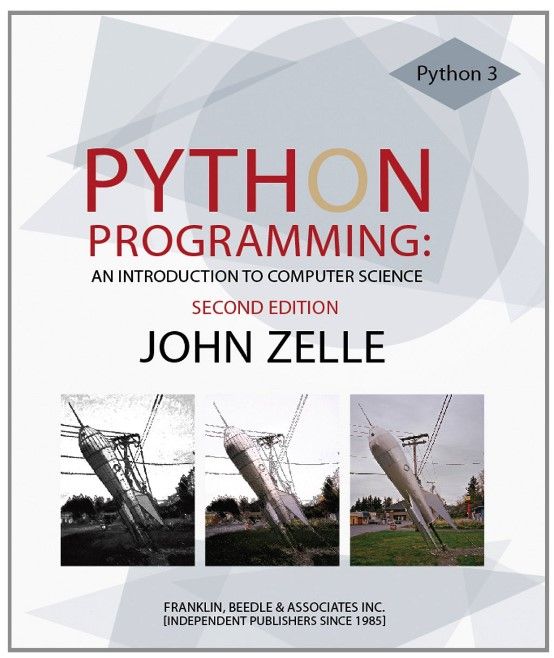
Key Features:
- Conceptual Focus: Introduces computer science concepts alongside Python programming.
- Detailed Explanations: Provides thorough explanations of programming principles and their applications.
Why It’s Effective:
By integrating computer science concepts with Python programming, this book provides a comprehensive foundation for further study in both fields. It’s particularly useful for those who aim to pursue a career in computer science.
Read Content
6. "Think Python: How to Think Like a Computer Scientist" by Allen B. Downey
Overview:
"Think Python" emphasizes problem-solving and computational thinking, making it a great resource for beginners who want to develop a deeper understanding of programming.
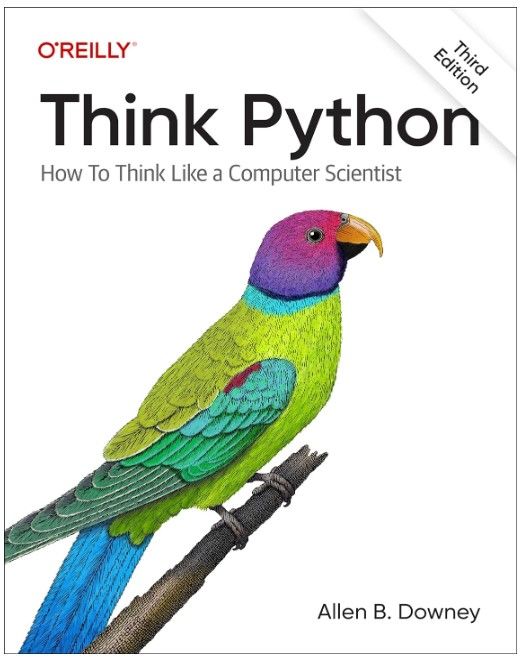
Key Features:
- Focus on Problem-Solving: Encourages readers to think critically about how to solve problems using Python.
- Practical Examples: Uses real-world examples to illustrate programming concepts.
Why It’s Effective:
The emphasis on problem-solving and computational thinking helps beginners develop a strong foundation in programming. The practical examples make abstract concepts more tangible.
Read Content
Here are some other popular and highly recommended books for beginners learning Python:
7. "Python for Everybody: Exploring Data in Python 3" by Charles Severance
Overview:
"Python for Everybody" is based on the author's popular online course and is geared towards data analysis and handling data-intensive applications.
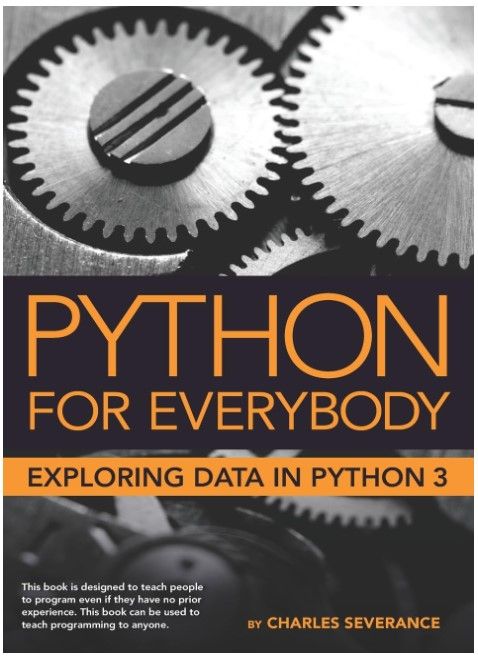
Key Features:
- Real-World Applications: Focuses on practical applications and how to work with data.
- Clear Explanations: Written in a straightforward, easy-to-understand manner.
- Free Resources: Companion resources are available online for free, including video lectures and assignments.
Why It’s Effective:
Its practical approach makes it particularly useful for those interested in data science and real-world data applications.
Read Content
8. "A Byte of Python" by C.H. Swaroop
Overview:
"A Byte of Python" is a free book that is highly regarded for its clarity and simplicity, making it ideal for complete beginners.
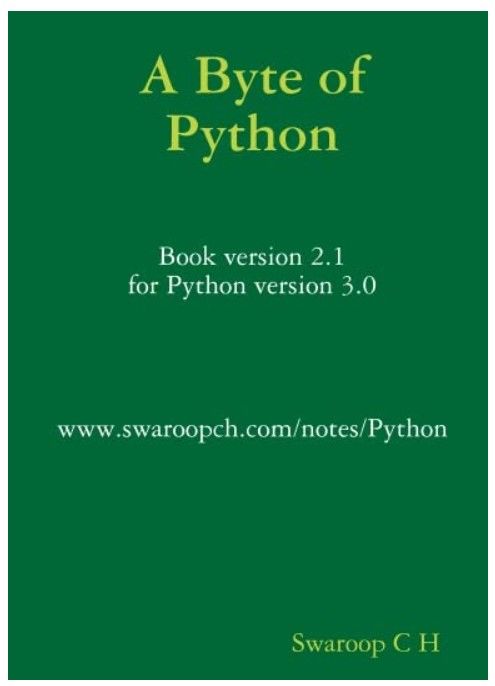
Key Features:
- Beginner-Friendly: Starts with the very basics and gradually introduces more complex topics.
- Free and Open-Source: Available for free, and readers can contribute to its improvement.
- Interactive Examples: Includes plenty of examples and exercises to practice.
Why It’s Effective:
The book’s simplicity and clarity make it an excellent choice for those new to programming. The availability of free resources and community contributions enhance its learning value.
Read Content
9. "Introduction to Machine Learning with Python" by Andreas C. Müller and Sarah Guido
Overview:
This book is ideal for beginners who are specifically interested in applying Python to machine learning.
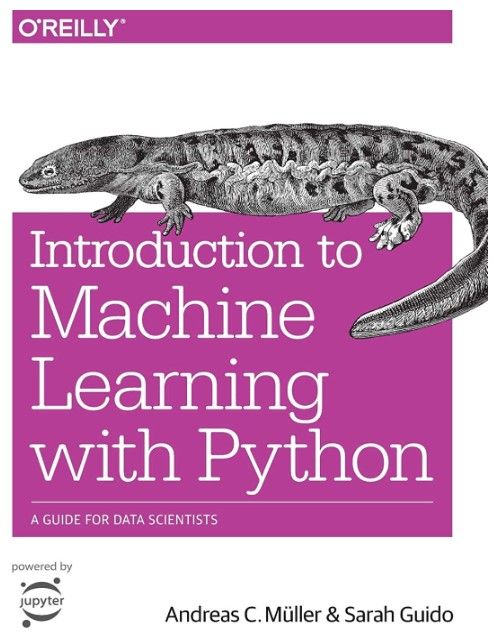
Key Features:
- Hands-On Guide: Provides practical guidance on using Python libraries for machine learning.
- Detailed Explanations: Covers the fundamentals of machine learning in an accessible way.
- Real-World Examples: Uses real-world datasets to illustrate concepts.
Why It’s Effective:
The hands-on approach with a focus on practical applications in machine learning makes it a great resource for beginners interested in this field.
Read Content
10. "Python: The Complete Reference" by Martin C. Brown
Overview:
This comprehensive guide is suitable for beginners and those looking to delve deeper into Python.
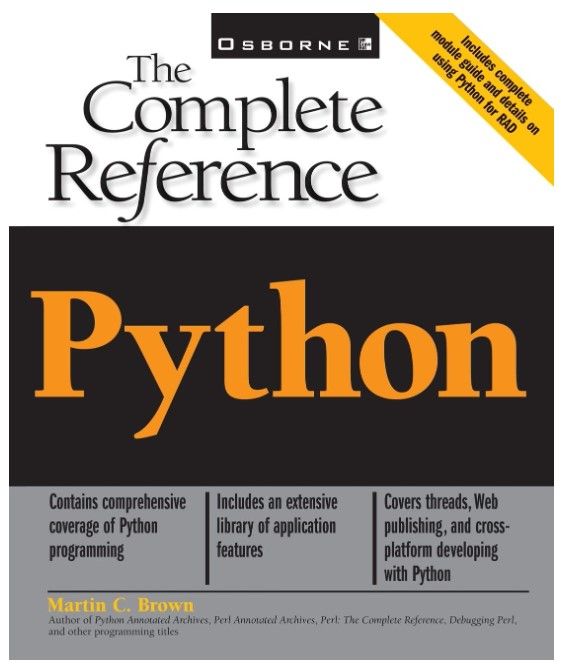
Key Features:
- Comprehensive Coverage: Covers a wide range of topics from basic syntax to advanced concepts.
- Reference Style: Structured in a way that makes it easy to find information quickly.
- Examples and Exercises: Includes numerous examples and exercises to reinforce learning.
Why It’s Effective:
Its thorough coverage makes it a valuable resource for both beginners and intermediate programmers seeking an in-depth understanding of Python.
11. "Python in Easy Steps" by Mike McGrath
Overview:
"Python in Easy Steps" is designed to be an accessible and straightforward introduction to Python.
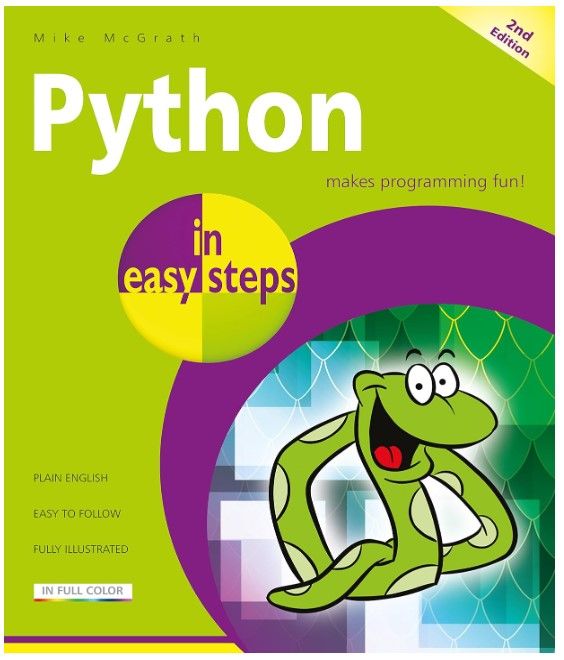
Key Features:
- Step-by-Step Approach: Breaks down complex topics into manageable steps.
- Visual Aids: Uses color-coded examples and illustrations to enhance understanding.
- Practical Examples: Focuses on practical applications and examples.
Why It’s Effective:
The clear, step-by-step approach and visual aids make it particularly suitable for visual learners and those who prefer a structured learning path.
Read Content
Conclusion
In addition to the well-known titles like "Python Crash Course" and "Automate the Boring Stuff with Python," these books provide a variety of approaches and focuses to help beginners learn Python. Whether you are interested in data science, machine learning, or just want a solid foundation in Python programming, these resources can guide you effectively through your learning journey. Each book offers unique strengths, catering to different learning styles and goals, ensuring that you can find the right resource to start your Python programming adventure.
Happy learning!
